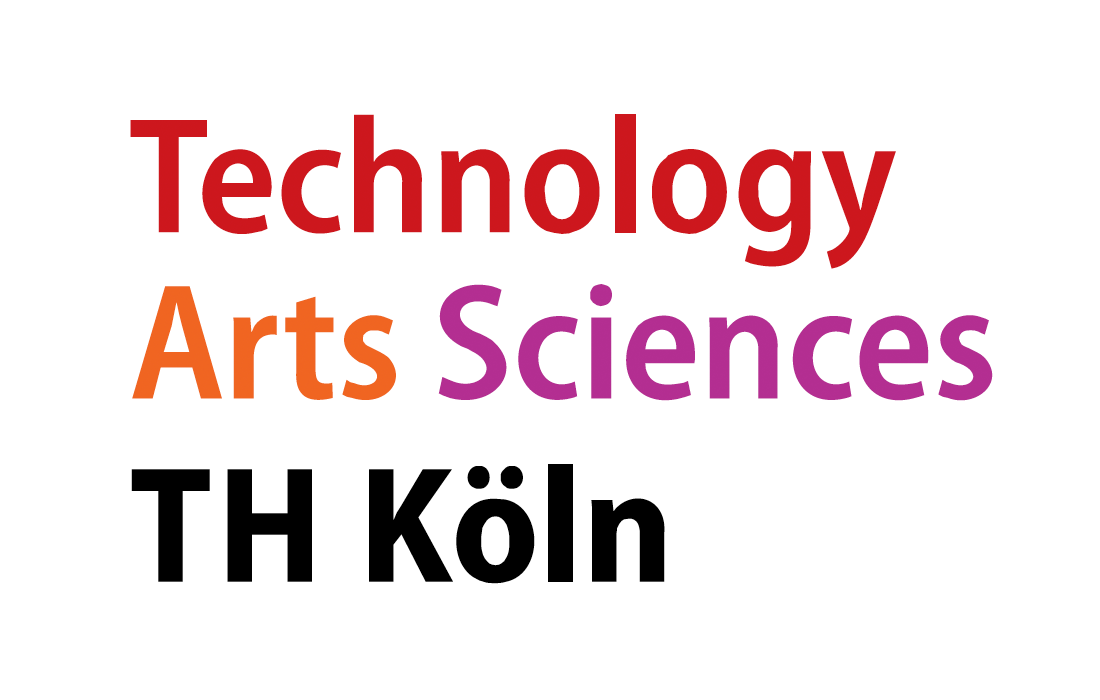Beitrag zu Handlungsfeldern
Nachfolgend ist die Zuordnung des Moduls zu den Handlungsfeldern des Studiengangs aufgeführt, und zwar als anteiliger Beitrag (als ECTS und inhaltlich). Dies gibt auch Auskunft über die Verwendbarkeit des Moduls in anderen Studiengängen und über die Beziehung zu anderen Modulen im selben Studiengang.
| Handlungsfeld |
ECTS (anteilig) |
Modulbeitrag zum Handlungsfeld |
| Empowering Business |
1 |
Understanding a given business context as basis for subsequent innovation activities
|
| Acting Responsibly |
1 |
Challenging the status quo and reflecting how a desirable society and economy of the future would look like
|
| Designing Innovations and Products |
4 |
Selecting and applying innovation methods and innovation tools to design new services, products and processes
|
Learning Outcome
Students are able to create new ideas and innovation concepts in teams.
They get to know several innovation management methods and tools and can select and use them.
The practical innovation management knowledge that will be taught in this course will be useful to contribute to IT and innovation teams in the professional careers of the students.
Inhaltliche Beschreibung des Moduls
- Introduction to Innovation Management
- Innovation Culture, Thinking Preferences, Problem formulation and Brainstorming tools
- Megatrends & Foresight
- Creativity & Creativity Methods
- Assessing and shaping ideas
- Innovation Process, Innovation Strategy and Innovation Controlling
- Design Thinking
- Analytical Innovation Methods, e.g. Blue Ocean Strategy
- Business Model Canvas
- Open Innovation, Inspiration from Science Fiction
- Patent Management
- Facilitation
The modul focusses on the practial use of different innovation methods and tools. Innovation methods are first introduced, then practised in small exercises and finally, they can be applied in the student projects.
Zur Verfügung gestelltes Lehrmaterial
All materials used in the module will be made available in Ilias.
Weiterführende Literatur
- Vahs, Dietmar & Brem, Alexander. (2015). Innovationsmanagement - von der Idee zur erfolgreichen Vermarktung.
- Lewrick, Michael, Patrick Link, Larry Leifer. (2017). Das Design Thinking Playbook: Mit traditionellen, aktuellen und zukünftigen Erfolgsfaktoren
- Drucker, Peter. (1986). Innovation and Entrepreneurship.
- de Bono, E. (2009): Lateral Thinking: A Textbook of Creativity, Penguin.
- Kim, W. & Mauborgne, Renée. (2004). Blue Ocean Strategy. Harvard business review.
- Hurson, Tim. (2007). Think Better: An Innovator’s Guide to Productive Thinking.
- Osterwalder, A., Y. Pigneur: Business Model Generation, 2010.
